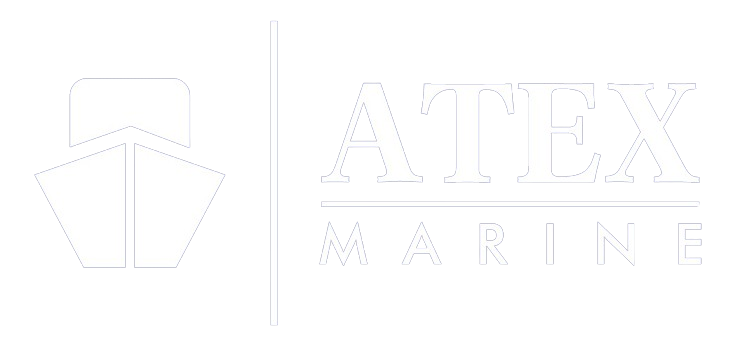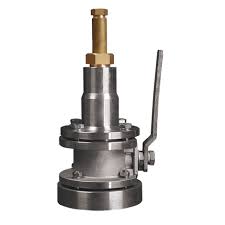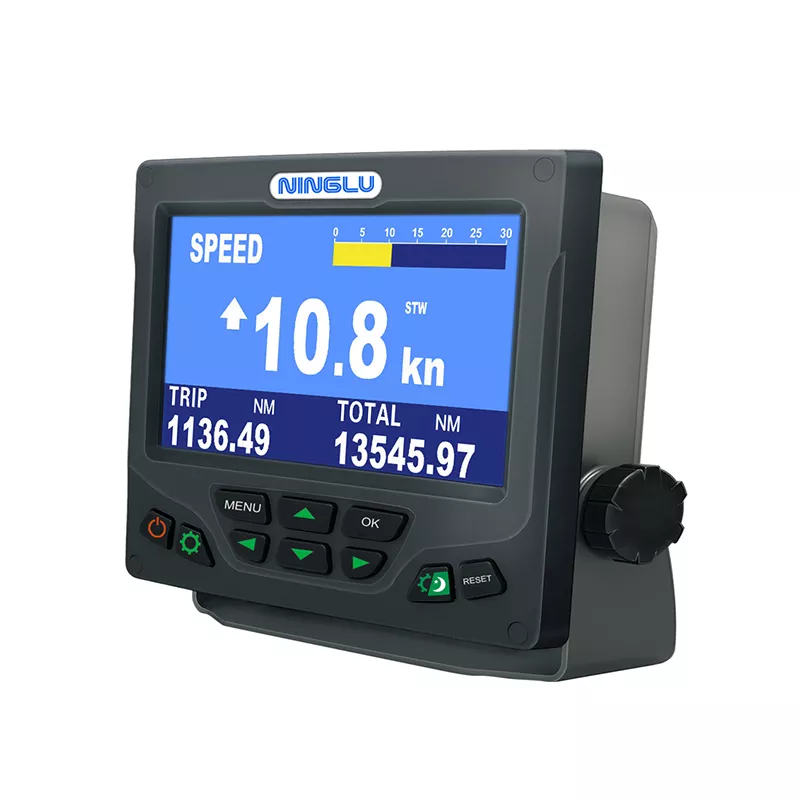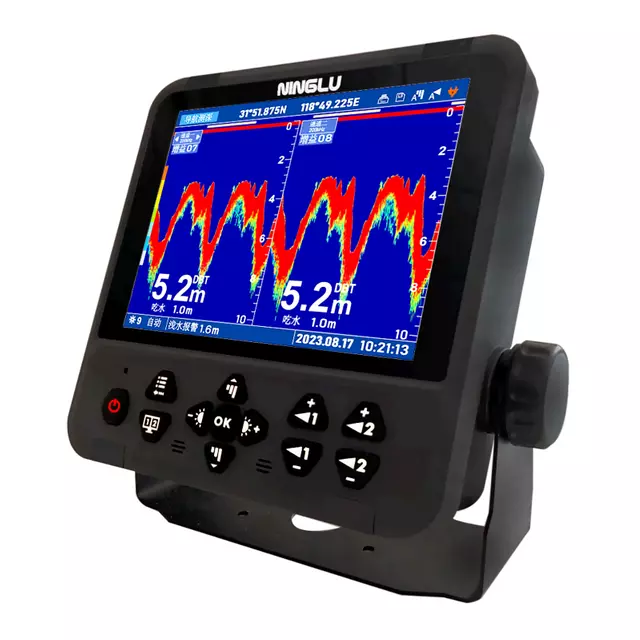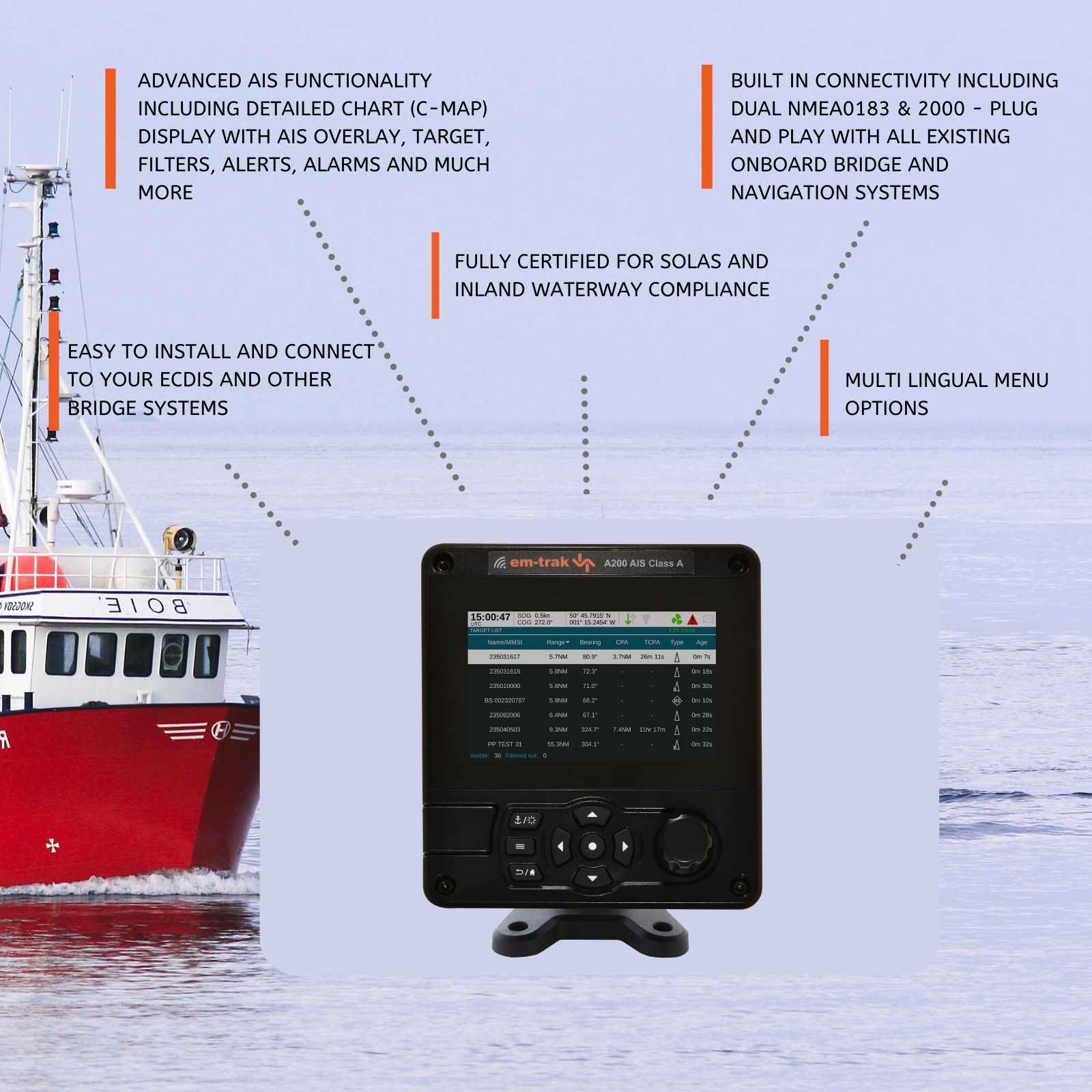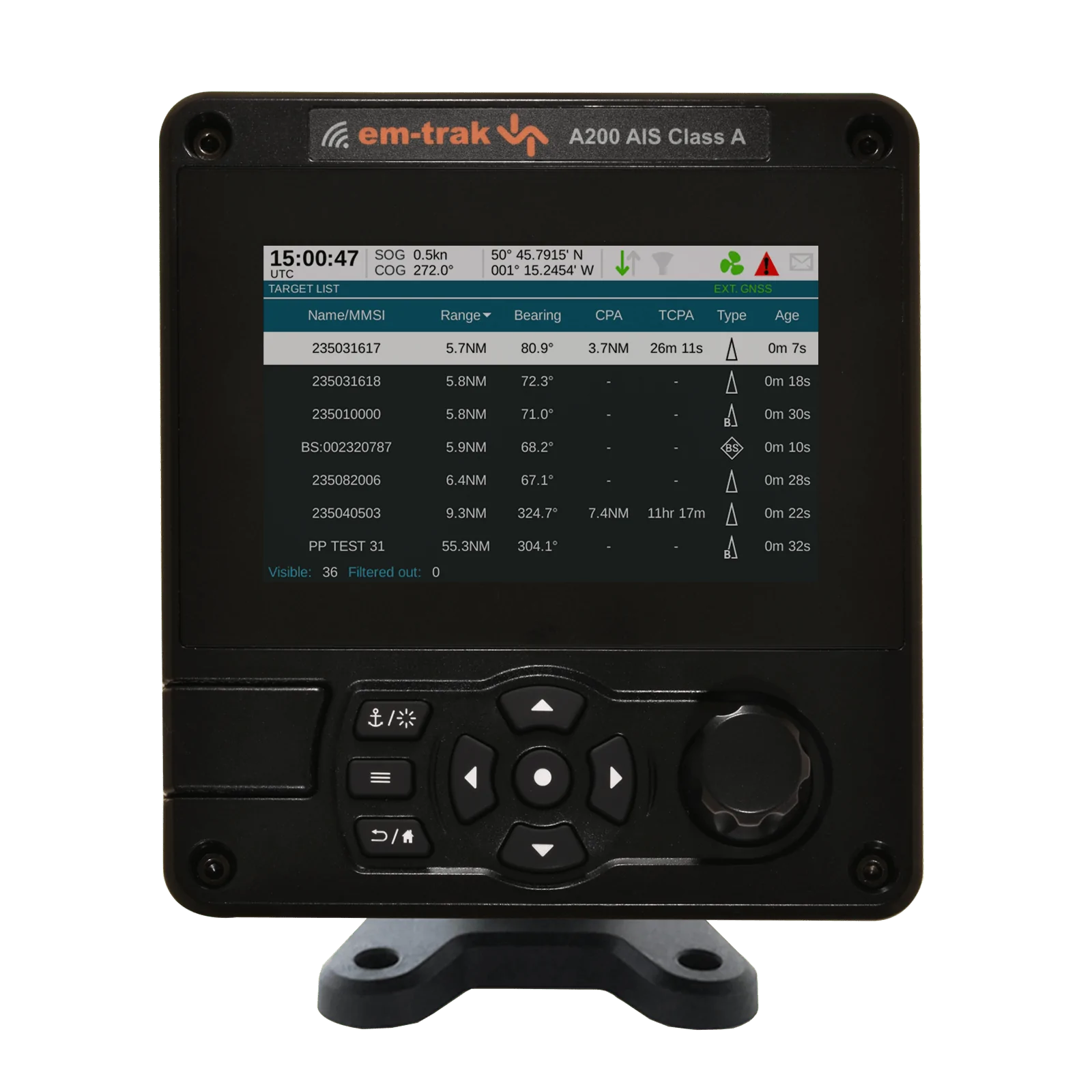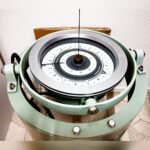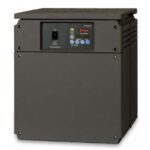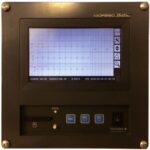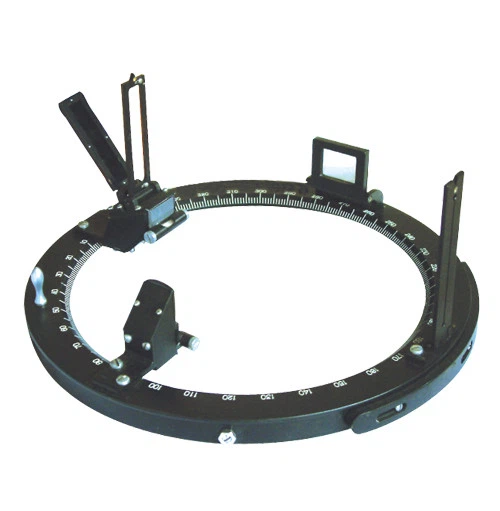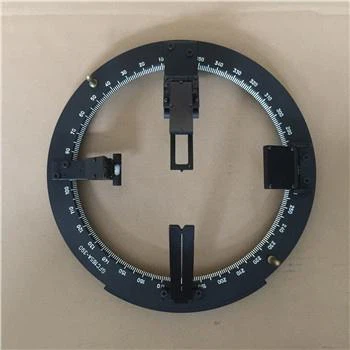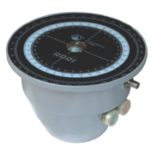VHF Class A DSC Radios: Essential Marine Communication Equipment
VHF Class A DSC radios are critical for maritime communication, providing reliable voice and digital messaging capabilities essential for safety and operational efficiency at sea. Here’s everything you need to know about these advanced radio systems.
What are VHF Class A DSC Radios?
VHF Class A DSC radios are part of the Global Maritime Distress and Safety System (GMDSS), designed for vessels required to carry mandatory equipment for distress alerting and communication. They operate on the VHF frequency band and incorporate Digital Selective Calling technology.
Key Features of VHF Class A DSC Radios
- Automatic distress alerting via DSC protocol.
- Voice communication capability on VHF channels.
- Integration with GMDSS for global distress and safety communications.
- Ability to interface with GPS for accurate position reporting.
- Enhanced reliability and clarity of communications.
Applications of VHF Class A DSC Radios
VHF Class A DSC radios are used extensively in maritime operations for:
- Distress alerting and coordination with rescue authorities.
- Ship-to-ship and ship-to-shore communication.
- Safety broadcasts and navigational information updates.
- Position reporting and rendezvous coordination.
- Monitoring of marine weather and safety information.
Frequently Asked Questions (FAQs) about VHF Class A DSC Radios
| Question | Answer |
|---|---|
| What does VHF Class A DSC stand for? | VHF Class A DSC stands for Very High Frequency Class A Digital Selective Calling radios. |
| How does DSC function in VHF Class A radios? | DSC allows for automated distress alerting and communication via a digital signal, ensuring faster response times in emergencies. |
| Are VHF Class A DSC radios mandatory? | Yes, certain vessels, especially those operating internationally or over 300 gross tons, are required to carry VHF Class A DSC radios as per GMDSS regulations. |
| Can VHF Class A DSC radios communicate with other types of radios? | Yes, VHF Class A DSC radios can communicate with other VHF radios using standard voice channels and with compatible DSC-equipped radios via digital signals. |
| What are the advantages of VHF Class A DSC radios over traditional VHF radios? | VHF Class A DSC radios offer automated distress calling, enhanced range with digital selective calling, and compliance with international safety regulations. |
| Do VHF Class A DSC radios require special licensing? | Operators of VHF Class A DSC radios may require specific training and certification to use DSC functionalities effectively. |
| How is the position reported using VHF Class A DSC radios? | VHF Class A DSC radios interface with GPS to automatically transmit accurate position information in distress alerts and routine communication. |
| What maintenance is required for VHF Class A DSC radios? | Regular checks of antennas, radio performance, and battery backup systems are necessary to ensure reliable operation during emergencies. |
| Can VHF Class A DSC radios be used for non-emergency communications? | Yes, VHF Class A DSC radios support routine voice communications on standard VHF channels in addition to distress and safety messages. |
| Are VHF Class A DSC radios suitable for coastal and offshore operations? | Yes, VHF Class A DSC radios are suitable for both coastal and offshore operations, providing reliable communication within VHF range and beyond with DSC capabilities. |
### Conclusion
VHF Class A DSC radios are indispensable tools for maritime safety, offering both voice and digital communication capabilities essential for vessels of all sizes. Understanding their features, regulatory requirements, and operational advantages is crucial for all maritime operators and crew members.
